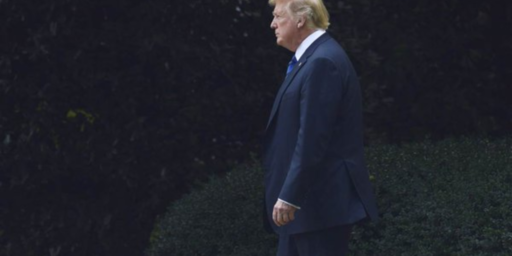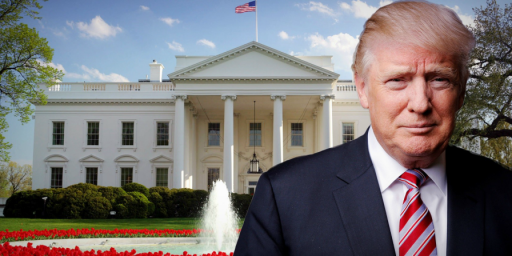FIXING INTELLIGENCE
Bruce Berkowitz makes a case that the CIA is simply unsuited for the business of homeland security because of its organizational culture:
Talk to intelligence professionals about their work, and you will hear them bat around this term: tradecraft. It’s the combination of skills, procedures and, especially, the culture that guides them in their jobs. Tradecraft is similar to what people in the private sector call a business model, and just like any corporation, an intelligence organization develops its own tradecraft.
At the C.I.A., where I started my career, the “business model” goes something like this: “Collect information other countries don’t want us to have. Deal with unsavory characters and organizations. And keep all of this a tightly guarded secret so we can keep doing it as long as possible.”
Homeland security, however, requires a totally different business model: “Collect information from as many sources as possible. Get the product out quickly to thousands of local officials and emergency workers so they can anticipate threats and respond effectively. And do all of this while respecting the civil liberties of Americans.”
Effective homeland intelligence will depend on people who can find blueprints for factories in Michigan, electric grids in California and communications lines in Kansas, and correlate them with other databases like visa records. They will need to schmooze with local Rotarians, religious leaders, city officials, civic groups and small-business owners — even journalists. In essence, the new department needs people who operate more or less the opposite of how C.I.A. analysts are trained to operate.
Intelligence organizations tend to fail when they are asked to perform missions outside their tradecraft. Thus if you press splendid foreign intelligence analysts into becoming military mission planners — as happened to the C.I.A. in the NATO campaign against Serbia — you may end up bombing the Chinese Embassy.
Simply put, the C.I.A. is not suited to the mission of homeland security. Its tradecraft is imbedded in everything from its training manuals to its computers. For example, because the agency deals in sensitive secrets, you need C.I.A. clearance, including a polygraph exam, to log on to its computer network. Even officials from other agencies with the highest government security clearances are banned. Thus if the Terrorist Threat Information Center answered to the C.I.A., it would be very hard for someone from a state or local government to get information unless a C.I.A. official decided the person had a “need to know.”
This is indeed a serious problem. The business about security clearances not transferring, which is indeed the case, is sheer idiocy.





James,
I certainly agree that the multiple security fiefdoms problem is an issue. In the 15 years or so I’ve been associated with the Intelligence Community, my experience has been that, about half the time, my access is initially denied when I visit another facility. There are processes to fix these kinds of problems, of course, but it usually costs at least half an hour of productive time (and in some cases, where the meeting was only going to last a couple hours anyway, I’ve returned to my “home office” in frustration without ever getting in).
—